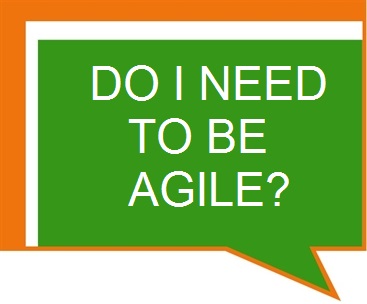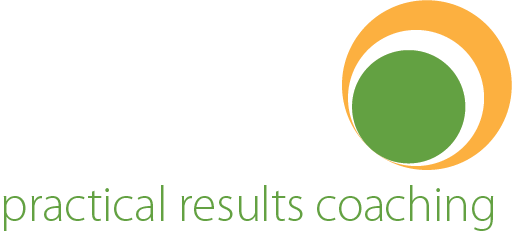Becoming an Agile company is not something you do once and then cross it off your list. It’s a practice. Something you do everyday. It’s a mindset about the way you approach your work…whether its releasing software, launching a product, or simply completing the monthly operational tasks. The secret lies in being able to take the talent you already have, refining them through practice and training, to develop a team that is willing and able to adapt and adjust to business changes more quickly. Working with an Agile Coach means time spent working is transformed into time spent making your processes, your products, and your company more valuable to your customers.
The Practical Results Agile Coach
Adopting an Agile Mindset
Plan. Execute. Review. Adapt. Don’t just go through the motions and call yourself “agile”. The agile ceremonies are there to provide structure. But it’s up to you to decide what “being agile” means for your organization. A coach is there to make sure your leaders, your teams, and your individual contributors understand your Agile approach and to give them the support they need every day to self-organize and deliver valuable results.
Portfolio Planning
Take the time to define strategic priorities, and align all current work streams to the outcomes that matter most. Most organizations consist of operations teams who perform the foundational work that keeps the business running. Then there are project teams who are focused on specific improvements or innovations the company wants to make. Imagine now if all these teams were focused on the same set of goals and understood how their work inter-related. A coach can guide you toward true team collaboration and go beyond “business as usual”.
Preparing for the Transition
Breaking down silos and building cross-functional teams. No manager or group of direct reports like to have their world rocked by the latest business school technique. Ironically, though, the most common complain amongst teams is that “other teams don’t understand what we do”. Start from the premise of wanting everyone in your value stream to understand the flow of work and information, and you’ll begin the transition toward forming cross-functional teams.





